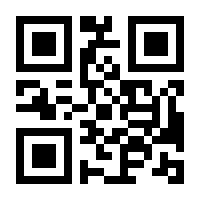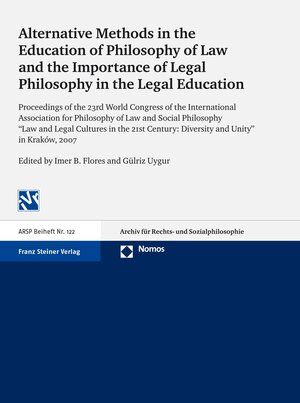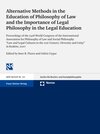Alternative Methods in the Education of Philosophy of Law and the Importance of Legal Philosophy in the Legal Education
Proceedings of the 23rd World Congress of the International Association for Philosophy of Law and Social Philosophy "Law and Legal Cultures in the 21st Century: Diversity and Unity" in Kraków 2007
herausgegeben von Imer B. Flores und Gülriz UygurThis book's aims are to determine the importance of legal philosophy in legal education and in addition to develop alternative methods for teaching law in general and the philosophy of law in particular.
In this context, the individual essays in this volume discuss the alternatives and tendencies in the quest for an adequate model of teaching and learning jurisprudence. Common to all of them is a commitment to the necessary integration of theoretical and practical knowledge, of traditional case and lecture methods with non-traditional models such as cinema, drama, and literature, and of the dominant legal perspective with alternative approaches utilizing information technologies such as computers and the internet. Effective teaching and learning must favor critical and strategic thinking, dialectical and dialogical inquiry or research, problem-solving, role-playing, and skill-developing over mere rote memorization of existing rules and standard answers.








